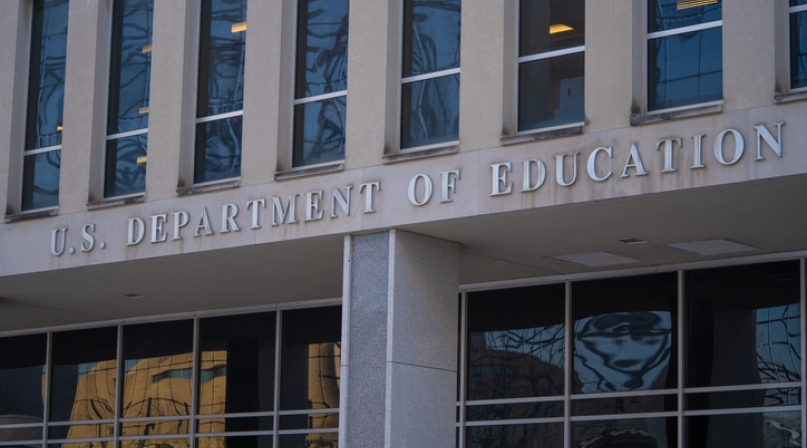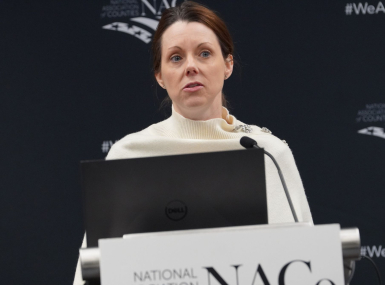Supreme Court strikes down administration’s one-time student loan forgiveness plan
Author
Upcoming Events
Related News

Key Takeaways
On June 30, the U.S. Supreme Court ruled in Biden v. Nebraska that the Biden administration’s plan to provide hundreds of millions of dollars in one-time federal student loan forgiveness for low- and middle-income borrowers is unconstitutional. The 6–3 decision, authored by Chief Justice John Roberts, finds that the federal law cited by the Department of Education (ED) does not in fact give it the authority to carry out such sweeping loan forgiveness action without explicit instructions from Congress. In response, the administration is pursuing new regulatory action grounded in the Higher Education Act (HEA) to achieve its objective of widespread one-time loan forgiveness.
Biden v. Nebraska arose almost immediately after the administration’s August 2022 announcement that it would cancel up to $10,000 in student loan debt for individuals making less than $125,000 a year ($250,000 for married couples) and as much as $20,000 for eligible borrowers who were also Pell Grant recipients, relying on emergency authority provided to the Secretary of Education under the HEROES Act of 2003 in response to the September 11, 2001 terrorist attacks. A coalition of 6 states (Arkansas, Iowa, Kansas, Missouri, Nebraska and South Carolina) sued, arguing that the administrative action overstepped the bounds of that law.
In its ruling, the Court held that the group of states have standing to challenge the debt relief program because Missouri created and controls one of the country’s largest servicers and holders of student loans. The Court then found that the sweeping nature of the loan forgiveness plan went far beyond the statutory intent of the HEROES Act, which allows the Secretary of Education to “waive or modify” laws pertaining to student loan programs but not, in the Court’s opinion, “transform” them. The decision reiterates this Court’s commitment to the “major questions” doctrine, which is the idea that if Congress wants to give an administrative agency the power to make decisions of vast economic or political significance, it must say so clearly. The Court’s decision comes ahead of the reinstatement, codified under the recently enacted Fiscal Responsibility Act (FRA), of payments and interest accrual on federally-held student loans, which have been suspended since March, 2020 due to the pandemic.
Shortly after the Court issued its ruling, the White House issued a fact sheet outlining its plan to issue regulations that, grounded in the Higher Education Act, will provide an "alternative" pathway for as many working and middle-class borrowers as possible. The details of that plan have not yet been released. Additionally, ED is instituting a 12-month “on-ramp” to repayment, running from October 1, 2023 to September 30, 2024, so that financially vulnerable borrowers who miss monthly payments during this period are not considered delinquent, reported to credit bureaus, placed in default, or referred to debt collection agencies.
Attachments
Related News

National Association of Counties Launches Initiative to Strengthen County Human Services Systems
The National Association of Counties (NACo) announces the launch of the Transforming Human Services Initiative, a new effort to help counties modernize benefits administration, integrate service delivery systems and strengthen county capacity to fulfill our responsibility as America’s safety net for children and families.

Congress seeking ‘common-sense solutions’ to unmet mental health needs
Rep. Andrea Salinas (D-Ore.): “Right now, it is too difficult to access providers … and get mental health care in a facility that is the right size and also the appropriate acuity level to meet patients’ needs.”

Federal-level child welfare priorities center on supporting foster youth, families
Child welfare experts outlined current priorities at the federal level, including better supporting foster care youth who age out of the system and recruiting more foster parents, at NACo’s Human Services and Education Policy Steering Committee meeting.
